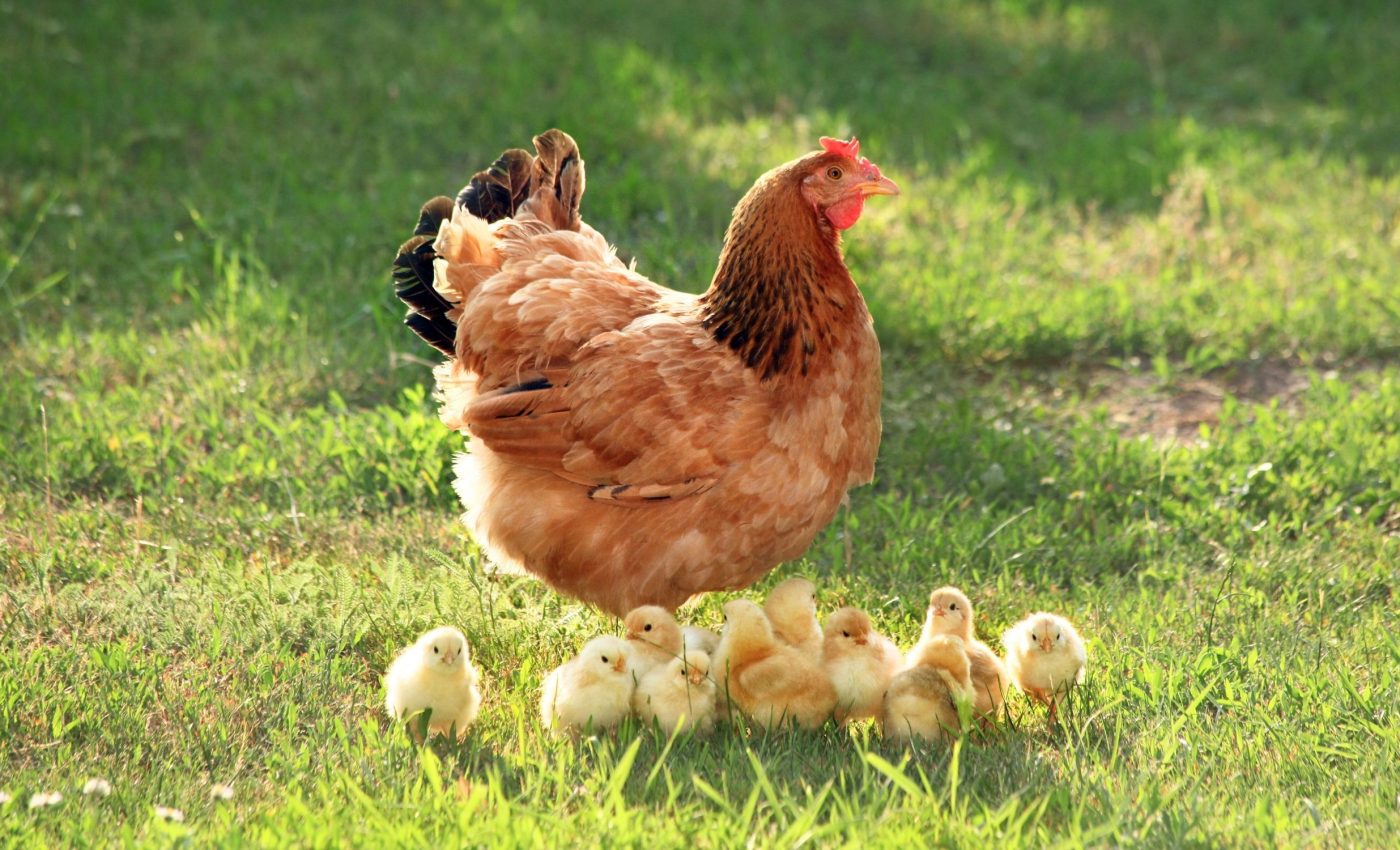
Common drug humans take is found to boost fertility in both women and chickens
What do chickens and women with polycystic ovary syndrome (PCOS) have in common? Quite a lot, it seems. A common diabetes drug – metformin – may bridge their reproductive challenges.
Researchers at Penn State have made an unexpected discovery. Metformin, often prescribed for type 2 diabetes and PCOS in humans, can boost egg-laying in aging chickens.
The findings could change poultry farming while offering insights into reproductive health across species.
Older hens lose fertility fast
Broiler breeder hens are specially bred for one goal: producing the chickens people eat. These hens give birth to fast-growing offspring, allowing the meat industry to meet global demand.
But this intense selection has a downside. As these hens age, they struggle to lay fertile eggs. Their reproductive efficiency drops sharply after a certain point.
The decline in egg production has puzzled researchers for years. It mirrors certain characteristics of PCOS in women – a disorder marked by irregular cycles and hormonal imbalances.
Scientists began to ask whether a treatment effective in women could also improve egg-laying in chickens. Their attention turned to metformin.
PCOS is the most common endocrine disorder in women. It affects an estimated 4% to 12% of the female population. Many women with PCOS experience infertility due to hormonal disruptions and insulin resistance.
Metformin, while not originally developed for reproductive health, has become a key treatment option for managing PCOS symptoms.
Metformin boosts hormone health
In a 2023 study published in Reproduction, Penn State researchers tested metformin on broiler breeder hens. Over a span of 40 weeks, a group of hens received small daily doses of the drug.
The team monitored their reproductive performance and physiological changes. What they found was striking.
The hens on metformin laid significantly more fertile eggs. They also had reduced body fat and more stable reproductive hormone levels compared to untreated hens.
These findings thrilled the researchers, who saw not only a performance boost but a meaningful biological shift.
“These findings suggest that metformin can significantly improve ovarian function in broiler breeder hens,” said Ramesh Ramachandran, senior author on the study and professor of reproductive biology in the College of Agricultural Sciences.
The next step was to figure out how metformin caused these changes. The team had a hunch the liver played a key role.
Metformin alters genes in chickens
In birds, the liver is central to reproduction. It is the site where egg yolk proteins are produced before being transported to developing eggs. If metformin could influence liver function, it might explain the broader improvements seen in the hens.
To test this, the research team examined liver samples using gene sequencing tools at Penn State’s Huck Institutes of the Life Sciences. They analyzed RNA from the liver – material that controls which genes are active or silent. The sequencing results told a compelling story.
Metformin activated genes tied to yolk protein production and blood sugar regulation. At the same time, it suppressed genes associated with fat buildup, a known disruptor of hormone balance.
“Essentially, metformin helps older hens stay metabolically healthier, which lets them keep producing eggs well beyond their usual decline,” said Evelyn Weaver, postdoctoral researcher and lead author on both studies. Her explanation captured the study’s essence in plain terms.
Wider implications for poultry farming
These findings could reshape how poultry farms manage their flocks. When hens lose their fertility early, farmers must replace them often, increasing both costs and stress on the animals. Metformin’s ability to prolong egg production offers a new approach – one that is both practical and humane.
By keeping hens reproductively active longer, farms can reduce the frequency of flock turnover. This could improve animal welfare and lead to more efficient use of resources. Importantly, metformin is quickly broken down by chickens, so it poses no threat of entering the human food chain.
Weaver emphasized that safety aspect, assuring that the drug does not leave residue in eggs or meat. This makes it a promising tool for farms looking to improve production without compromising safety.
Improving the lives of people and chickens
This research shows how biological pathways can overlap across species. Chickens and humans might seem unrelated at first glance, but their reproductive systems respond to the same drug in surprisingly similar ways.
The hormonal, metabolic, and genetic responses observed in hens may offer clues for improving PCOS treatment strategies in people. While the goal was to support poultry farming, the outcomes also prompt deeper reflection.
Could further study of animal models like hens refine our understanding of human reproductive health? The evidence suggests it’s worth investigating.
Metformin has already improved the lives of countless people with diabetes and PCOS. Now, it’s helping hens produce eggs more consistently. In the process, it’s also helping scientists understand the rich tapestry of life where chickens and humans unexpectedly meet.
Collaborations and funding
The work was conducted in the Ramachandran lab at Penn State’s Department of Animal Science. The research team included Professor Ramesh Ramachandran, Professor Tae Hyun Kim, and undergraduate researcher Nathan Connolly.
The experts published two studies – one focused on egg production and another on liver gene expression. Funding came from the U.S. Department of Agriculture and the National Institutes of Health.
Ultimately, the project connects food production with broader biological questions. By exploring how a human medication interacts with avian biology, the researchers have opened new doors for science and farming alike.
The study is published in the journal Biology of Reproduction.
—–
Like what you read? Subscribe to our newsletter for engaging articles, exclusive content, and the latest updates.
Check us out on EarthSnap, a free app brought to you by Eric Ralls and Earth.com.
—–













